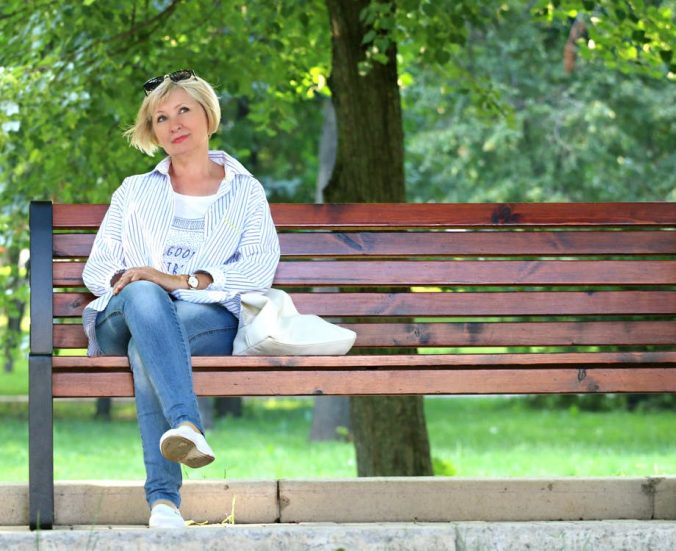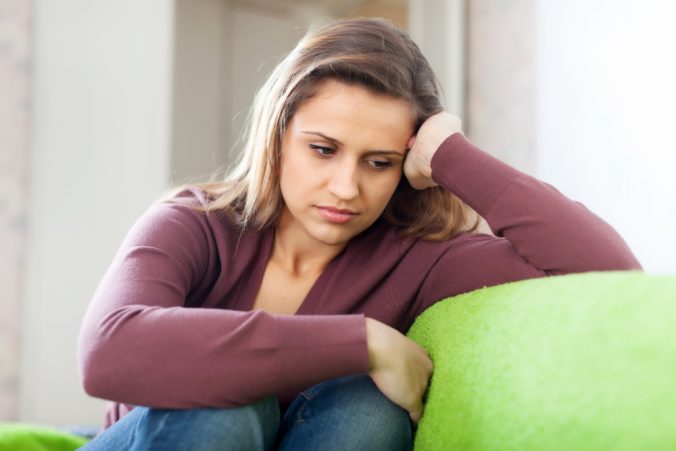Menopause happens when your ovaries start working less and then eventually stop working altogether. One of the main functions of the ovaries is to produce hormones in particularly oestrogen. You always will have some levels of circulating oestrogens even when menopause has occurred but it will be less then what you used to have.
This is the clue of the problem as oestrogens have a lot of beneficial effects on your body and not having them anymore can cause lot of symptoms and problems.
Not all women experience symptoms. Some women will have a more gradual transition and might not have any issue at all. We are all different and every woman will have a different experience.
Changes in periods will normally happen in the time leading up to menopause and they eventually will stop.










